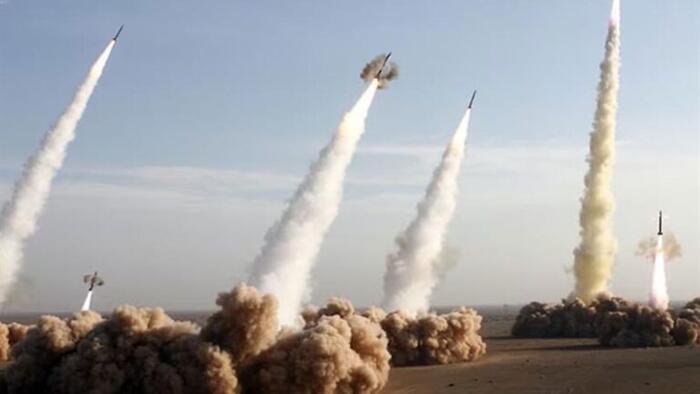Brandon Smith, in his article for Alt-Market.us, challenges the prevailing narrative within the survivalist community that the next world war will inevitably lead to a catastrophic nuclear conflict and a dystopian aftermath akin to the scenarios depicted in films like “Mad Max.” Smith argues that this perspective is not only overly simplistic but dangerously misleading; we are already experiencing what can be termed World War III, albeit in forms that diverge from traditional warfare imagery. The fighting is not necessarily characterized by the use of nuclear weapons but instead is taking place through proxy wars and economic battles, as evidenced in countries like Ukraine and Israel, and potentially Taiwan. He asserts that while these conflicts could escalate, they are unlikely to transition into a global nuclear war immediately.
In survivalist circles, there is a tendency to emphasize apocalyptic events, fixating on ideas such as EMP strikes and sudden economic collapses. This fascination with dramatic scenarios is understandable as it serves as a mental exercise for preparedness. However, Smith insists that societal and economic collapse is not an event but a gradual process that can culminate suddenly. He believes many failed to recognize the slow onset of economic deterioration even when signs became apparent, as they held on to a Hollywood-centric view of crisis. The current situation—characterized by stagflation and rising prices—confirms the warnings voiced by alternative economists, which were often dismissed at the time.
The author urges readers to acknowledge the immediate dangers around them instead of assuming a “real” world war must involve overt military actions and visible catastrophes. With the current geopolitical landscape teetering on the brink of broader conflicts, particularly involving adversaries like Iran and Israel, the repercussions of these struggles could precipitate more profound global instability. Smith highlights historical parallels, suggesting that the same way Pearl Harbor was exploited to draw the U.S. into World War II, current events in the Middle East might similarly provoke wider U.S. involvement. In this context, he raises the prospect of economic warfare being as damaging as traditional combat, especially if major supply chains are disrupted.
Smith discusses the volatility surrounding the Israel-Iran conflict and warns that while there may be no immediate nuclear engagement, the consequences could be extensive and far-reaching. He highlights that financial impacts can pervade civilian life without the necessity of boots on the ground. The proximity to open borders raises concerns about terrorism as an additional layer to an already unstable global climate. He projects that regional conflicts could persist for years, feeding into a broader scenario of world war, albeit without formal acknowledgment. He acknowledges the potential for nuclear incidents but emphasizes that the global elite likely have no desire to incite a complete meltdown of the civilized world they govern.
In contemplating the power dynamics at play, Smith argues that a global nuclear war would contradict the interests of those currently in command. Economic structures that have taken decades to build would be leveled, and personal safety stands to be jeopardized as well. While he maintains preparedness for a nuclear event, he intends to address a broader spectrum of risks associated with societal collapse and war, such as psychological disruptions and the fallout of fear-based governance. The actual danger from contemporary global conflicts may not merely stem from the physical devastation of wars but rather the societal transformations that accompany fear, including the rise of totalitarian practices.
Finally, Smith stresses the importance of adapting survival strategies to focus on the complexities of modern warfare and societal shifts rather than outdated notions of apocalypse. He urges the survivalist community to reconsider its approach toward preparation by focusing on developments like increased government control, economic volatility, and the erosion of civil liberties, which tend to accompany wartime periods. He implies that rather than preparing for an idealized notion of collapse, individuals should be more attuned to the subtle signs of change and the underlying currents reshaping society in the context of ongoing global conflicts. The conversation around preparedness needs to pivot, integrating a nuanced understanding of how modern warfare can manifest rather than relying solely on traditional, dramatic portrayals of collapse.

